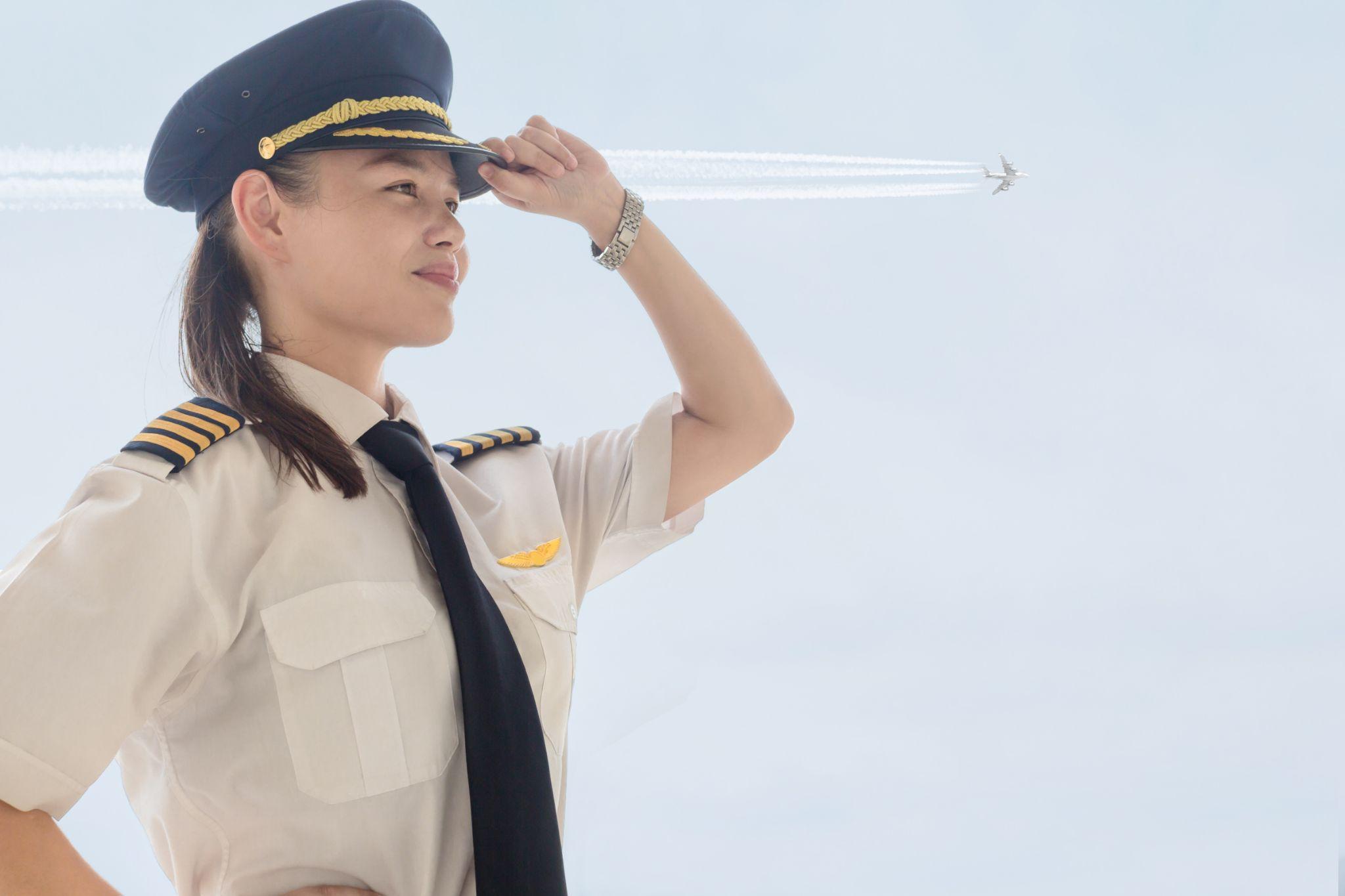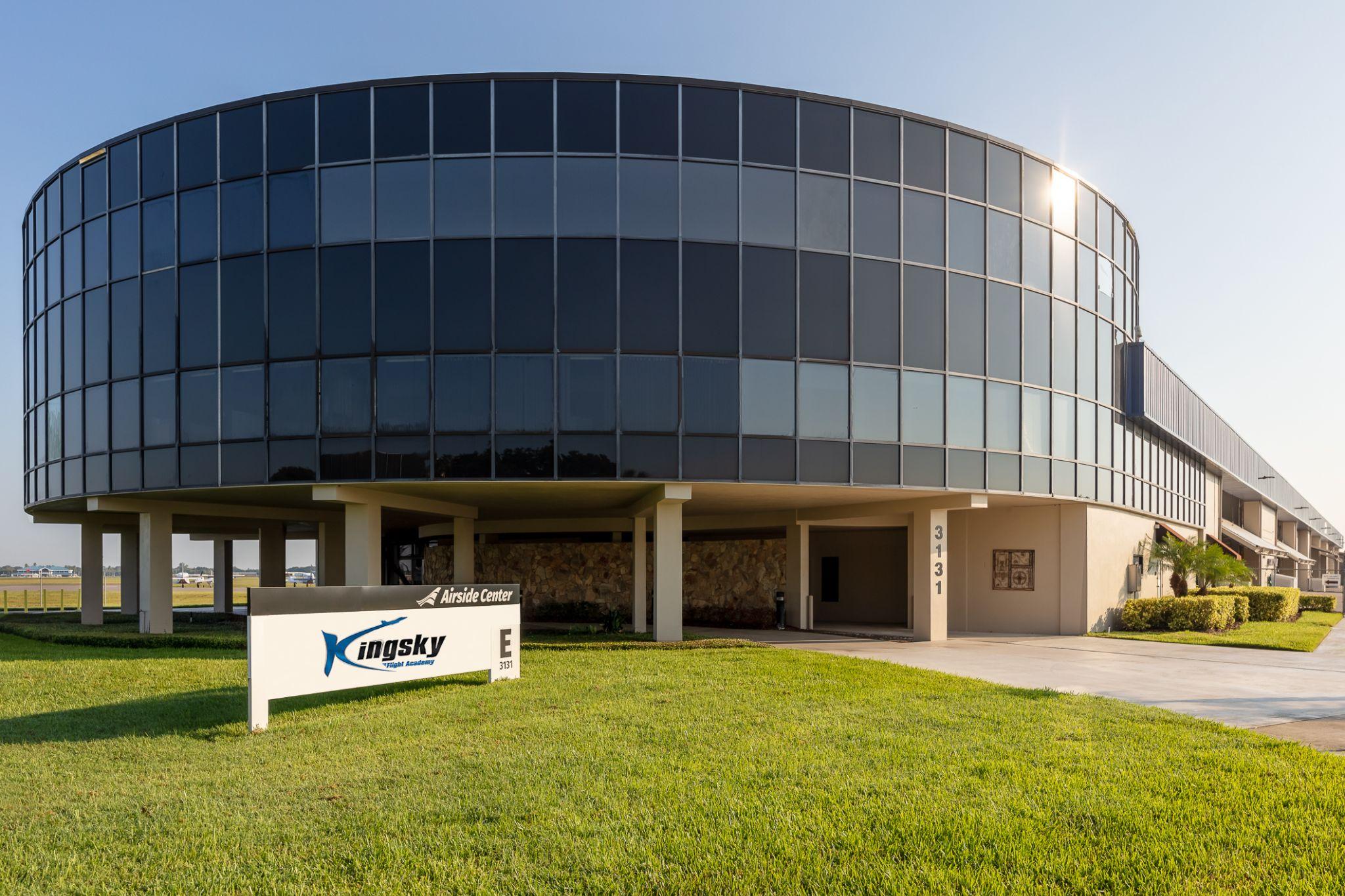A common question aspiring pilots ask is “Do you need a degree to be a pilot?” The simple answer is that in most cases you do not need a college degree to have a successful career as a pilot. Whether you need a bachelor’s degree to be a pilot may depend on your specific pilot career goals.
However, having a degree might offer additional advantages. This includes such things as opening doors to more prestigious airlines or higher-level positions within the aviation industry. It’s important to weigh the benefits of a degree against the time and financial investment required to obtain one.
What Training Will You Need to Become a Pilot?

Becoming a pilot is a rewarding and challenging journey that requires dedication, training, and specific certifications. While a college degree is not a mandatory requirement to earn a pilot certificate from the FAA, it can be beneficial for career advancement. Understanding the different types of pilot licenses and their requirements is crucial for anyone aspiring to take to the skies.
Below, we outline the specific requirements and steps needed to achieve various levels of pilot certification. Whether you aim to fly privately, commercially, or for major airlines, this guide will help you navigate the essential training and qualifications needed to become a pilot.
Private Pilot
As a private pilot, you can fly with passengers, but you cannot accept payment for transporting people or cargo. To become a private pilot, you must be at least 17 years old. You must also pass a 3rd-class medical exam, and log at least 35 to 40 flight hours before passing knowledge tests and a checkride (practical test).
Training to become a private pilot typically involves enrolling in a flight school where you will receive both ground school instruction and in-flight training. Ground school covers essential topics such as aerodynamics, navigation, weather, and FAA regulations. In-flight training includes hands-on experience with takeoffs, landings, maneuvers, cross-country flights, and emergency procedures, all under the supervision of a certified flight instructor.
Additionally, private pilots often pursue further ratings and endorsements to expand their flying capabilities and privileges. These can include night flying, instrument flying, and complex aircraft endorsements.
Commercial Pilot
To have a career as a pilot, you will need at least a commercial pilot license. This allows you to work in the aviation industry in roles such as a tour guide, corporate jet pilot, agricultural pilot, and various other pilot positions.
With a commercial pilot license, you can be compensated for your flying services, opening the door to various job opportunities in the aviation field. Many commercial pilots also continue their training to specialize in specific types of aircraft or flight operations.
To become a commercial pilot, you must be at least 18 years old. You must also pass a 2nd-class medical exam, have a private pilot license, and log between 190 to 250 flight hours before passing knowledge tests and a checkride.
Airline Transport Pilot (ATP)
The Airline Transport Pilot (ATP) certification is the FAA certification that allows you to work as an airline pilot. Some commercial airlines state you need a college degree to be a pilot, but many do not. To earn your ATP, you must be at least 23 years old. You are also required to pass a 1st-class medical exam, have a commercial pilot certificate with an instrument rating, and log at least 1,500 flight hours before passing knowledge tests and a practical test (checkride).
Earning an ATP certification signifies that a pilot has achieved the highest level of training and experience. ATP-certified pilots are qualified to serve as captains for major airlines, operating large and complex aircraft on scheduled air carrier routes.
A college degree is not usually required for FAA certification. Some commercial airlines, however, may say you need a degree to be a commercial pilot, or prefer it. Many airlines do not have this educational requirement, focusing more on flight experience and qualifications.
Should You Consider Getting a Degree to Be an Airline Pilot?

While a bachelor’s degree is required by some major airlines and the United States military for pilots, it is not a universal requirement across the industry. Regional airlines are less likely to mandate a degree, especially during periods of pilot shortages.
Here are some specifics:
- Delta and FedEx: These airlines typically require pilots to have a bachelor’s degree.
- American Airlines and Alaska Airlines: These airlines do not have a college degree requirement for pilots.
- Most Regional Airlines: A college degree is generally not required.
For pilots looking to advance their career or expand their opportunities, especially if they lose their medical rating, pursuing a college degree can be beneficial. Recommended fields of study include Aviation, Aeronautical Science, Aerospace Engineering, and Air Traffic Management.
While not always mandatory, a degree can enhance your qualifications and open up additional career paths within the aviation industry.
How to Become a Pilot with Flight School Training

If you have the ambition needed to become a pilot, there is no need to wait to enroll in a reputable flight training program that will prepare you to become a commercial or airline pilot. Some flight schools, like Kingsky Flight Academy, partner with colleges to provide integrated degree programs. This includes flight simulator training and all the options you need to fulfill your goals.
If you start with Kingsky Flight Academy today, you could become a commercial pilot in three to nine months or an airline pilot in two to five years, depending on how much time you can dedicate to flight school and how quickly you can complete the required flight hours.
Enrolling in a flight school with a stellar reputation for safety and more than 300 sunny days each year will make your dreams take flight faster than you thought possible.
